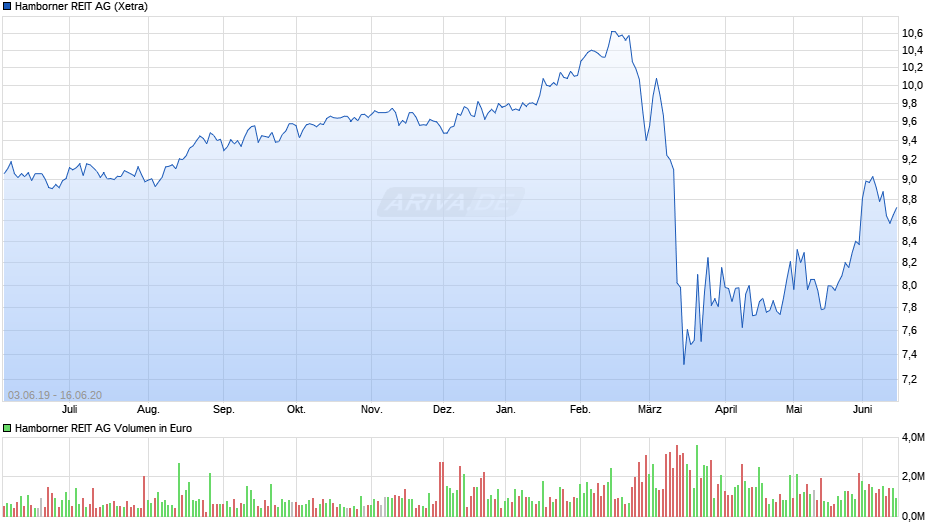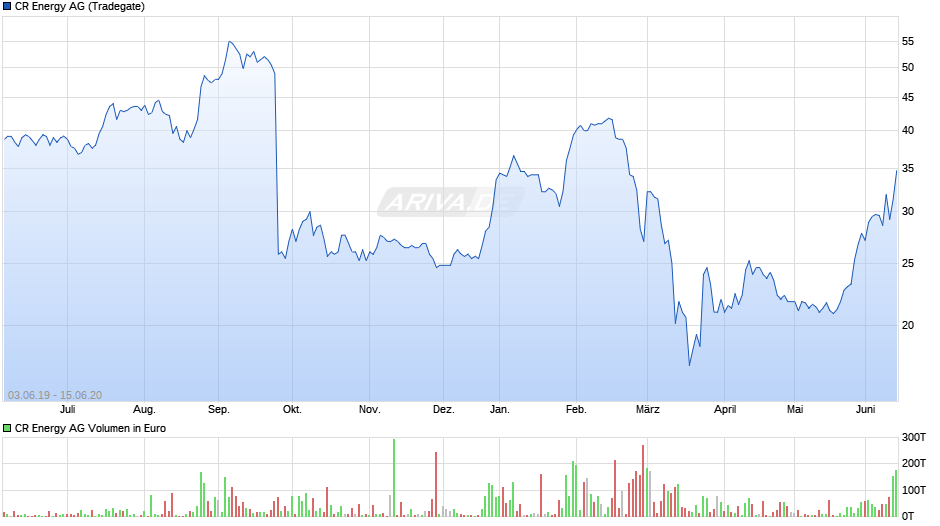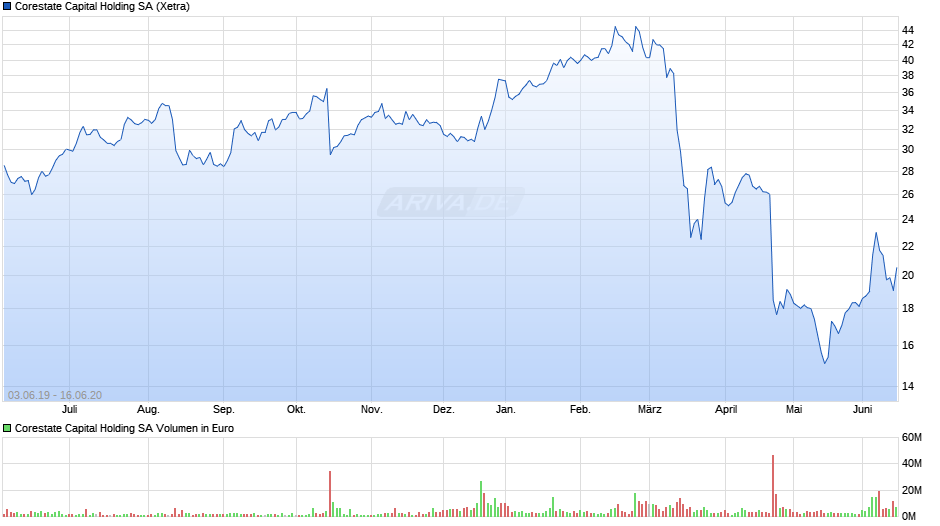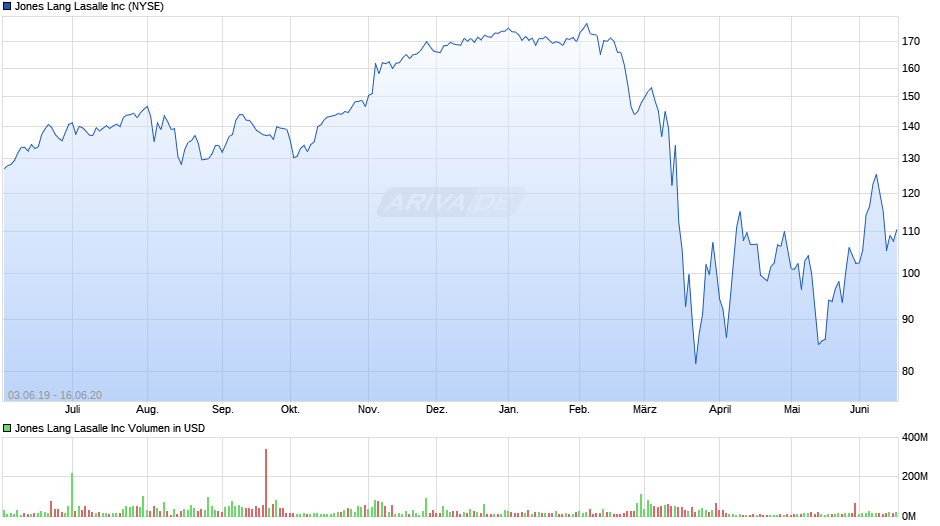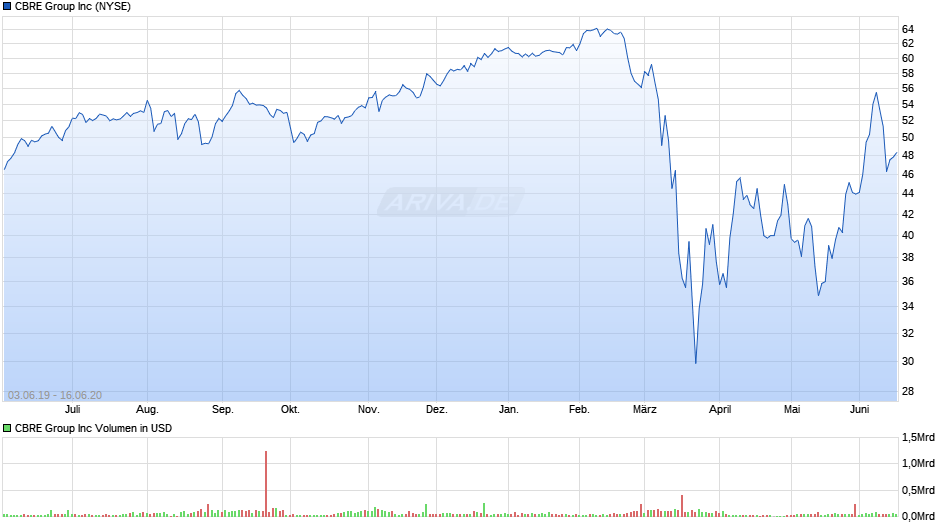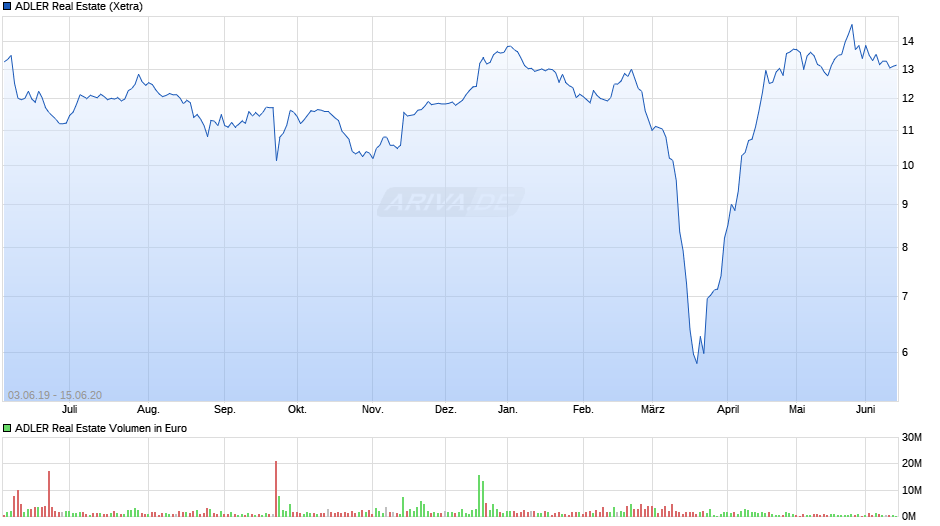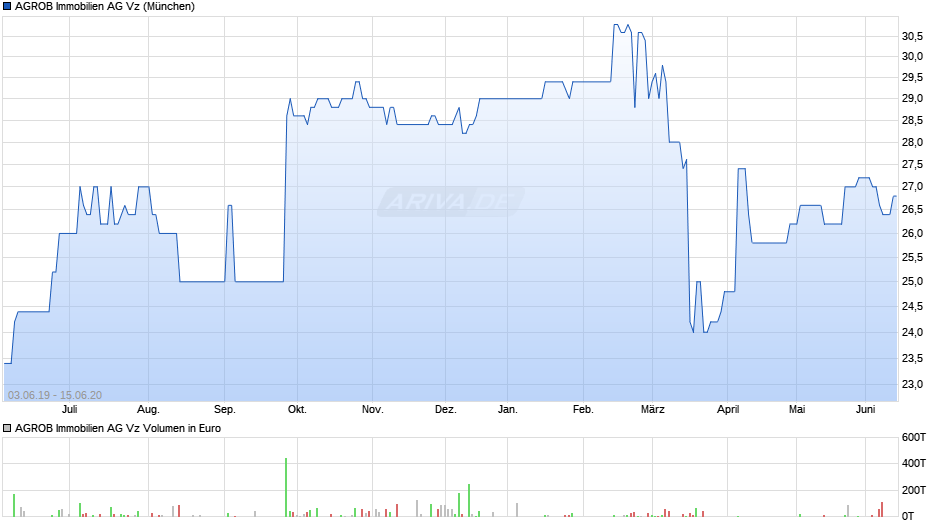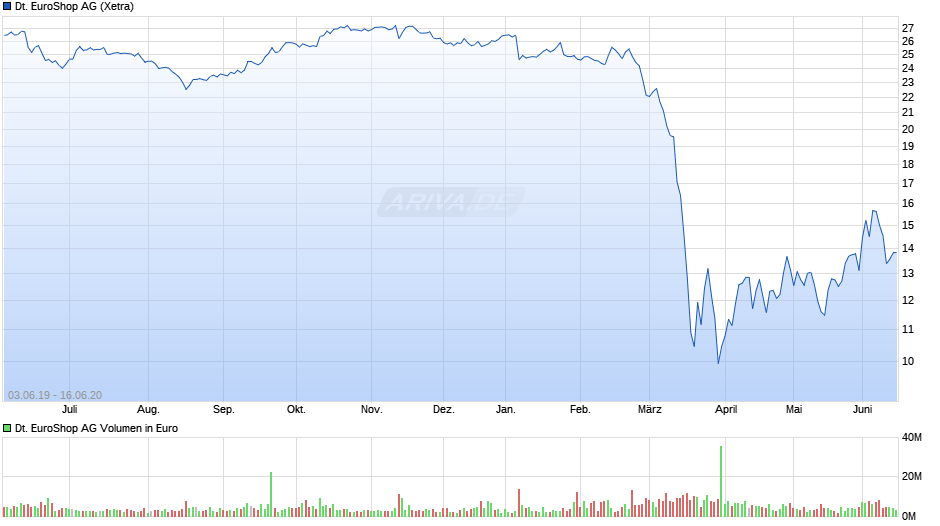Types of shares – transferability, legal scope & share capital breakdown
Types of Stocks – A corporation, as the name suggests, deals with stock trading. I’m sure you’ve heard that stocks can go up and down. You may also know someone who has invested their wealth in stocks. But what exactly is a share? In a nutshell, a share is a document that determines your entitlement to the share capital of a public limited company and guarantees you a fixed share of the profits. In this context, there is often talk of “certifying a claim”. Here you can find all legal forms and here you can go back to the overview AG.
There are many different types of shares, which in turn belong to different categories. For example, a distinction is made between types of shares according to the degree of transferability, or according to the scope of rights, or even according to the method of dividing the share capital. In some cases, the term “order paper” is also used. This simply refers to securities that are registered in a specific name and can change hands by agreement, transfer or endorsement. Incidentally, endorsement refers to the endorsement on such a security, which enables the rights to be transferred in part or in full. The word “order” thus derives from “order”, since the transfer of the share is ordered.
Generally speaking, the value of a share – or a bond or an investment certificate – can be expressed in two terms: On the one hand, there is the nominal value – also known as the face value – which is the numerical value expressed economically in money, as found on banknotes, coins or securities. On the other hand, there is the stock exchange price, the price of securities determined on the stock exchange – in other words, the current market value.
When distinguishing types of shares according to the degree of transferability, bearer shares and registered shares as well as registered shares with restricted transferability are combined.
- Bearer shares (inh.)
- Registered shares (NA)
- Registered shares with restricted transferability (vink. NA)
Bearer shares – in short: Inh. – are usually made out to the bearer according to their designation and form the standard type among the share types according to the degree of transferability. They can be transferred to a new owner by agreement and transfer, which enormously simplifies the tradability of this type of share. The only restriction is that the shares may only be issued if they are fully paid up.
Registered shares – abbreviated to: NA – are “born” order securities in terms of form. By law, negotiable instruments are regarded as securities. In addition to registered shares, these include cheques and bills of exchange. Registered shares are made out to the shareholder who is listed in the share register. This authorizes him to participate in the Annual General Meeting and to exercise his voting rights. Furthermore, he is the only one entitled to dividend payments for these shares. The minimum payment amount corresponds to 25 percent of the nominal value and the premium. The transfer of ownership of registered shares is effected by endorsement, handover plus transcription in the company’s share register, which places a corresponding burden on tradability.
Registered shares with restricted transferability are abbreviated as vink. NA and represent a special form of conventional registered shares. In terms of features, there are no differences, but a registered share with restricted transferability is only transferable if the company confirms its approval. This is particularly advantageous in order to be able to precisely control the ownership of the shares and to be able to detect early on the intentions of other companies to take over these shares. However, if many small investors are represented by major shareholders – banks, for example – registered shares with restricted transferability can also be transferred easily. If a shareholder leaves the AG, he can even transfer his claims to shareholders unknown to him by means of blank assignment and the signing of a special deed.
In accordance with the distinction between types of shares based on the scope of rights, a distinction is made between ordinary shares and preference shares.
- Ordinary shares (SA)
- Preference shares (VA)
Ordinary shares – abbreviation: SA) – are the standard type among the types of shares in terms of legal scope and probably represent the most original form of all shares. Ordinary shares contain four main rights: First of all, there is the right to a dividend payment, i.e. there is a legal entitlement to a certain share of the balance sheet profit. Furthermore, ordinary shares allow participation in the general meetings of the stock corporation, including the exercise of one’s own voting rights. A third aspect concerns the right to a share in the liquidation proceeds, according to which a portion of the money from the liquefaction is due to the holder of an ordinary share by operation of law. Last but not least, an ordinary share also entitles the holder to challenge resolutions adopted at the general meeting.
Preferred shares – VA for short – are called preferred shares because their features include certain privileges compared with ordinary shares. These are usually either preferential rights in the distribution of profits or special rights with regard to the company’s assets. Preferred shares with multiple voting rights – so-called multiple voting shares – are not permitted in Germany under the German Stock Corporation Act (AktG).
Preferred shares without voting rights – also called non-voting preferred shares – are considered a special form of preferred stock. They are often used to finance equity when a capital increase is not possible due to poor share prices. In compensation for the loss of voting rights, the share holder is offered, for example, a higher dividend or a right of succession, and at the same time the equity capital requirement can be satisfied.
Excerpt from the law – § 12 AktG:
(1) Each share shall confer the right to vote. Preference shares may be issued as non-voting shares in accordance with the provisions of this Act.
(2) Multiple voting rights are not permitted.

If the method of dividing the share capital is considered, a distinction is made between par value shares and no-par value shares. The form and any applicable minimum amounts of the shares are specified in the German Stock Corporation Act (AktG).
- Par value shares
- Quota shares
- No-par-value shares
Excerpt from the law – § 8 AktG:
(1) The shares may be created either as par value shares or as no-par value shares.
(2) Nominal value shares must be denominated in at least one euro. Shares with a lower nominal value shall be null and void. The issuers shall be jointly and severally liable to the holders for any loss arising from the issue. Higher nominal share amounts must be denominated in full euros.
(3) No-par-value shares do not have a nominal value. The no-par value shares of a company participate in the share capital to the same extent. The proportionate amount of the share capital attributable to each share may not be less than one euro. Paragraph 2 sentences 2 and 3 shall apply accordingly.
(4) The proportion of the share capital shall be determined, in the case of par value shares, by the ratio of their par value to the share capital and, in the case of no-par value shares, by the number of shares.
(5) The shares are indivisible.
(6) These provisions shall also apply to share certificates issued to shareholders prior to the issue of the shares (interim certificates).
Par value shares – sometimes also called nominal value shares or aggregate shares – are, as the name suggests, denominated in a fixed nominal amount or par value, which is expressed in monetary terms. They may not be issued below par, which means that the nominal value may not be less than the market value. If this is the case, the difference is called a discount. If the par value of a share is above par – i.e. if the par value is greater than the market price – the difference is known as a premium. Par value shares are set at a minimum value of one euro. The sum of the par values results in the share capital of a company.
- Above par: nominal value > market price (difference in premium)
- Par: Nominal value = stock market price
- Below par: nominal value < market price (difference = discount)
No-par-value shares are a collective term for shares that have no stated par value. A distinction is made between quota shares – as “genuine no-par-value shares” – and no-par-value shares – as “non-genuine no-par-value shares”. Sometimes both types of shares are also referred to as genuine and non-genuine quota shares respectively.
- Quota share: genuine no-par-value (quota) share
- No-par-value share: non-genuine no-par-value (quota) share
Genuine no-par-value shares are quota shares whose share in the share capital of an AG is stated in a document, e.g. 1/1,000 or 1/50,000. They therefore represent a fraction of the company’s assets corresponding to the share right and are not, as the name “quota” might suggest, based on a certain minimum amount of the company’s share capital. Accordingly, no nominal value can be calculated for these shares. If the percentage of the share is indicated on the certificate, the quota share is referred to as “speaking”. A “silent” quota share, on the other hand, lacks this notation.
Caution: Although true no-par value quota shares are common in the USA, Canada, Belgium and Italy, among other countries, they are generally not permitted in Germany, as these shares are marketable and can therefore represent an extreme balance sheet concealment.
No-par-value shares – abbreviated with o. N. for “without par value” – are considered “non-genuine”, as they are neither denominated in a certain par value nor in a certain quota. They are expressed in terms of quantity as the result of dividing the share capital by the number of shares, whereby their nominal value is calculated fictitiously. Thus, in contrast to quota shares, no-par shares embody a share in the capital stock of an AG and may not fall below a specified minimum amount of one euro per share. They are the most common type of share in Germany and were originally introduced to make the conversion of shares to the euro easier for stock corporations.
- Real estate shares: List of companies
- Stock corporation (AG)
- Real estate stock corporation (REIT-AG)
- Real estate company
Real Estate Shares – Not everyone can afford real estate as a capital investment. Through real estate shares, however, everyone can participate in the real estate market and invest money. The share prices of the big players are rising year after year. Vonovia, Deutsche Wohnen, Dream Global, CBRE and Patrizia are a few of the best known active companies in Germany. In addition, there are more than 25 other companies. We have an overview of the most popular real estate stocks for you as an investor. But first a look at the risks of a stock, the stock market, for beginners and beginners. Now to the list and more on the real estate market, your investment options and all prices at a glance, here in the article on real estate stocks.
Stock corporation (AG): Formation, liability, legal form & Co.
Aktiengesellschaft (AG) – The stock corporation is a German legal form founded by at least one person and organized by different bodies. Instead of a managing director, the company is managed by a board of directors consisting of at least one person. As the name already indicates, this legal form of a company primarily stands for stock trading. You would like to start a company alone or together with other people and learn more about company law forms in advance? Then you’ve come to the right place!
Real estate stock corporation (REIT-AG)
Real estate stock corporation / REIT-AG – You don’t find the idea of a stock corporation bad at all and are now wondering how you can combine your capital company with the real estate industry? A real estate company is a company that serves the financing, development, realization, leasing, or marketing of real estate – starting with a single property up to a real estate portfolio in the three or multi-digit range. The management of real estate property or third-party real estate on behalf of third parties can also be handled by a real estate company.
Real Estate GmbH & Asset Management GmbH
Alternative – In this article you will learn the basics about real estate companies. Briefly explained, a real estate company is a company that has the purpose of leasing, developing, financing, realizing and/or marketing. It doesn’t matter if it is one or more properties. The management of residential and commercial real estate – in its own interest or as a service offered to third parties – is also a popular focus for real estate companies and asset management GmbHs. Find out more about the main advantages and disadvantages of buying real estate and the expected costs.





